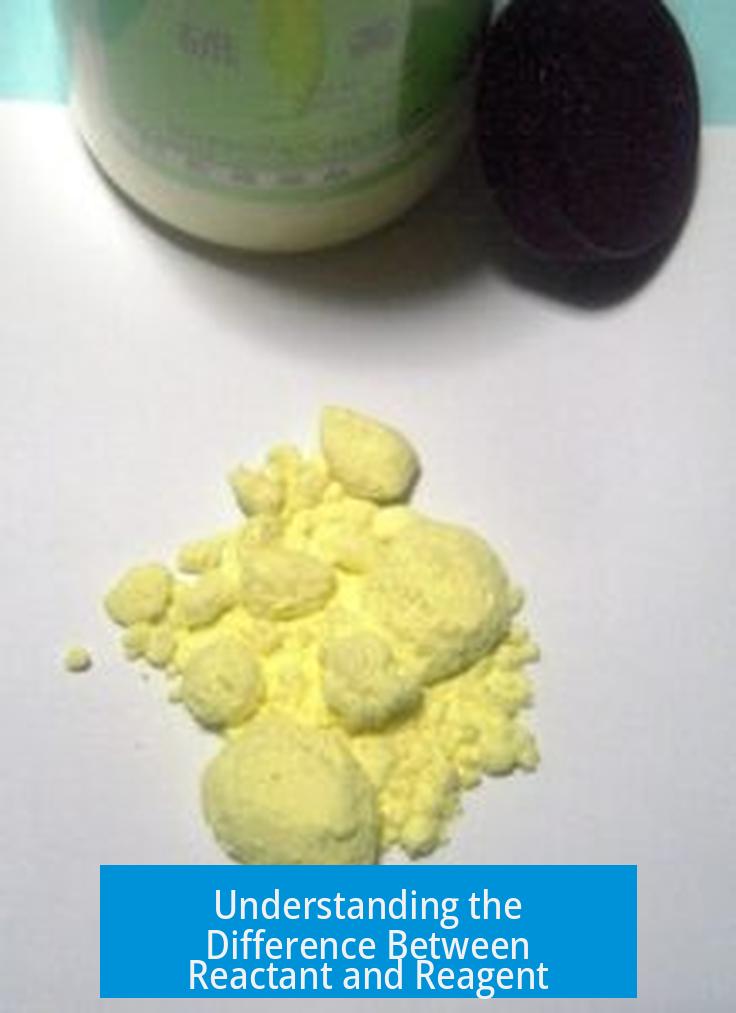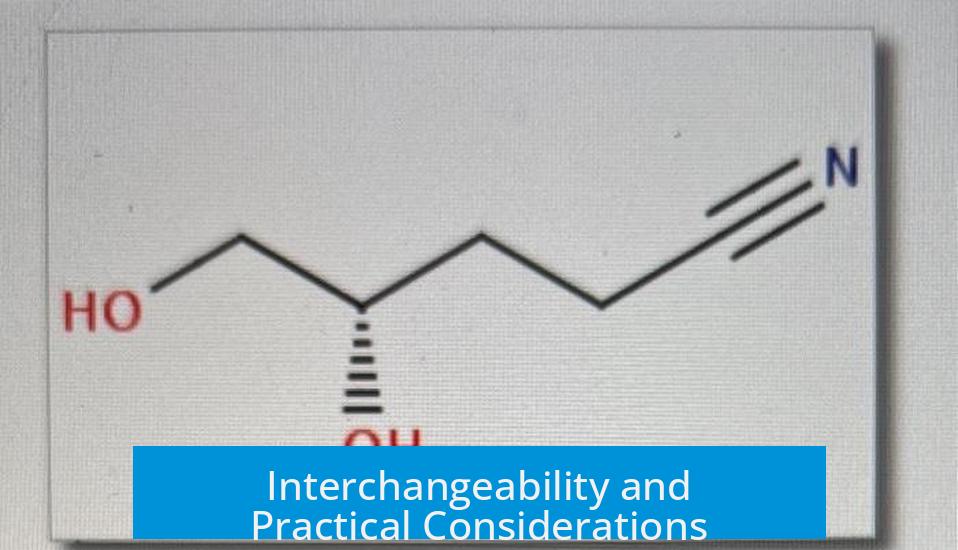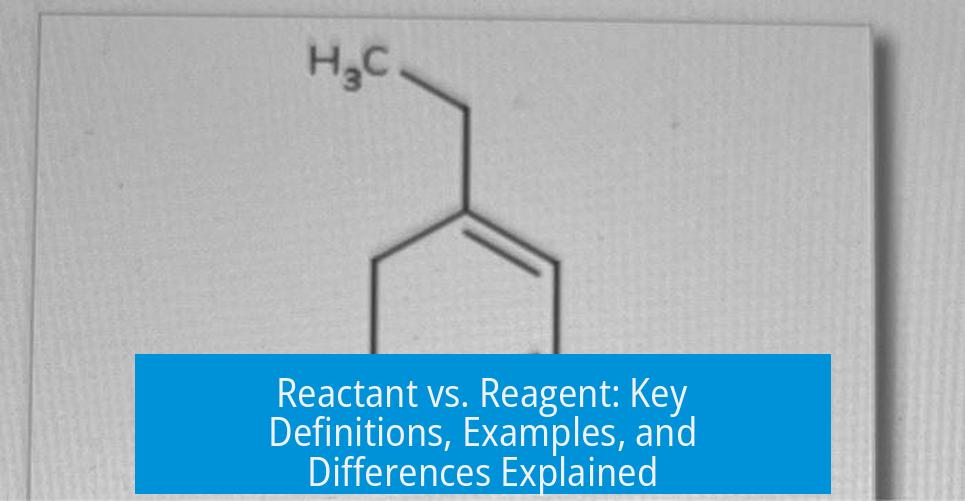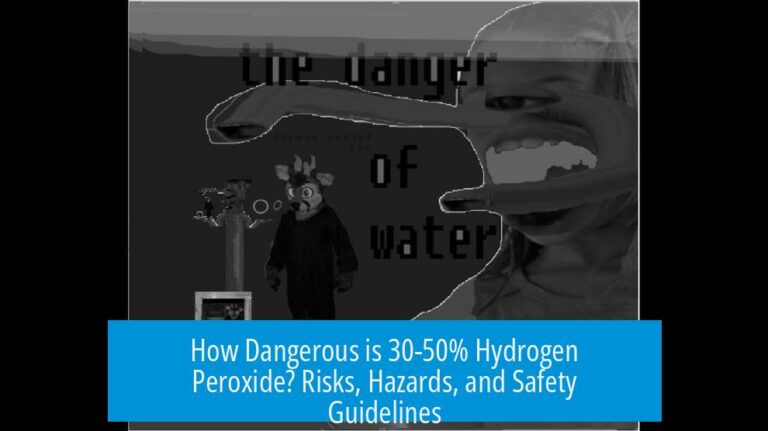Understanding the Difference Between Reactant and Reagent

Reactants and reagents are both substances involved in chemical reactions, but their roles and definitions differ based on their consumption and function. Reactants are substances consumed during a chemical reaction. Reagents are substances added to induce or facilitate the reaction but may not always be fully consumed or integrated into the final product.
Definitions According to IUPAC
The IUPAC Gold Book defines a reactant as “a substance that is consumed in the course of a chemical reaction.” Traditionally, older texts sometimes refer to reactants as reagents. However, IUPAC suggests using “reagent” more precisely for test substances added to trigger or detect a reaction, such as analytical reagents.
Practical Usage and Examples
- Reactants typically appear on the left side of a chemical equation and are transformed into products by the reaction.
- Reagents refer to chemicals introduced to cause the reaction or facilitate it, without necessarily being incorporated fully in the product.
For example, sodium borohydride (NaBH4) is often called a reagent because it reduces aldehydes but does not become a major part of the final product. Similarly, Grignard reagents add carbon groups but are termed reagents due to their facilitating role in forming new bonds.
Interchangeability and Practical Considerations

In literature and laboratory practice, these terms often overlap. Some chemists use “reactant” and “reagent” interchangeably. For example, “limiting reactant problems” are sometimes called “limiting reagent problems” without confusion.
Search and classification of chemicals show that using “reactant/reagent” together yields broader results. This signals that strict distinctions are not always operationally important, but understanding subtle differences aids clarity in scientific communication.
Summary of Differences
| Aspect | Reactant | Reagent |
|---|---|---|
| Definition | Substance consumed in a chemical reaction | Substance added to cause or facilitate reaction |
| Role in Reaction | Converted into product | May not be fully incorporated into product |
| Usage in Equation | Usually on the reactant (left) side | Introduced into reaction mixture, sometimes not shown explicitly |
| Typical Examples | Substrate molecules, limiting compounds | Reducing agents, catalysts, analytical additives |
Key Takeaways
- Reactants are chemically transformed and consumed during a reaction.
- Reagents facilitate or induce chemical changes but may not appear in final products.
- The terms are often used interchangeably in practice.
- Understanding these differences improves clarity in chemical communication.
- Use “reactant/reagent” search terms together for comprehensive information retrieval.
What is the main difference between a reactant and a reagent?
A reactant is consumed in a chemical reaction and forms part of the final product. A reagent is added to cause or test a reaction but may not be integrated fully into the product.
Can a substance be both a reactant and a reagent?
Yes. Sometimes the terms overlap depending on the context. For example, NaBH₄ is often called a reagent because it causes reduction but contributes parts to the final molecule.
Why do some people use “reactant” and “reagent” interchangeably?
Both terms appear on the left side of chemical equations. Many sources and users blur the line since both initiate or participate in reactions, making their definitions flexible in practice.
How does the position in a chemical equation help define reactants and reagents?
Anything on the left side of the equation is a reactant. A reagent is generally a substance added to trigger or test a reaction, not necessarily forming part of the main product.
In research searches, which term yields better results: reactant or reagent?
Using “reactant/reagent” combined often gives more results. Some chemicals may be listed as reactants in certain contexts and as reagents in others, so the combined search is less limiting.





Leave a Comment